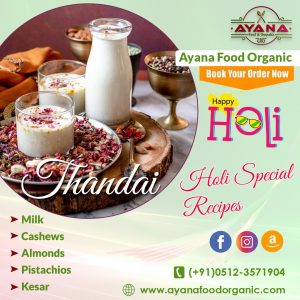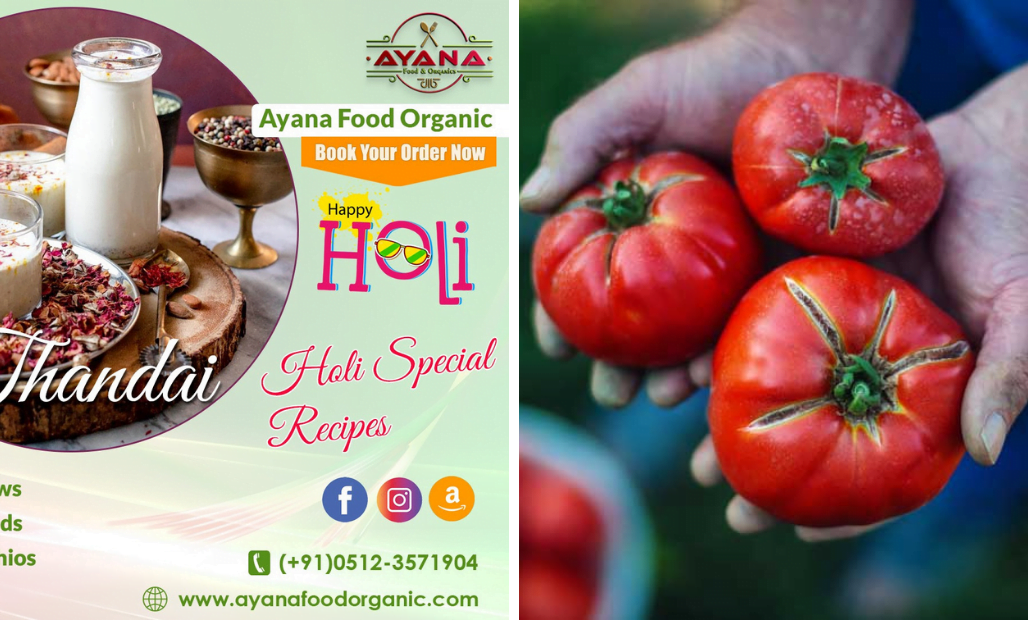There is a growing need to fathom the difference between organic and inorganic foods. Organic foods are produced without synthetics, chemical fertilizers, or pesticides. They are environment-friendly and safe as per the federal guidelines. Organic foods are put through stringent tests like soil quality, how animals are reared, check on pest and weed control, use of flavor-enhancers, etc. Primarily no organic food is grown or handled using genetically modified organisms.

The price that we pay
Inorganic food on the other hand has become the source of pesticides in our daily lives. When we shop for conventional fruits and vegetables, as consumers we feel that it is cost-effective and easy on our pockets. But in actuality what we are buying is neatly hidden under the blanket of cost-effectiveness. Although organic food may cost more than non-organic food, the hidden costs of chemical agriculture and consuming non-organic food are definitely going to have adverse effects on our health in the long run.
The hidden shades of Inorganic food
The environment
The various consumer advocacy groups have tested and found pesticide residue on non-organic foods that can pollute our water, soils and the very air we breathe. This residue is likely to end up in our food chain.
Fewer nutrients
Inorganic foods typically contain fewer nutrients than organic food items. The synthetic substances that are used in the production of inorganic food items result in infertile land leading to health issues like neurotoxicity, reproductive outcomes, cancers, skin damage and respiratory problems like asthma
Animal welfare standards
Industrial farming treats animals in inhumane ways with insufficient space, lack of fresh air and natural light, to poor hygiene standards.
Climate change
Deforestation and land use have become the leading contributors to greenhouse gas emissions, use more energy and water and pollute soils which indirectly make their way into our dining rooms.
The bottom line
More and more consumers are now opting for organic food as organic foods are nutritionally superior. Though the cost may be more, people do understand that consuming non-organic food has detrimental effects on health.
Dealership and distributorships are welcome.
For further details contact – 73886 00191, +91-0512-3571904
or visit
www.ayanafoodorganic.com



















































































